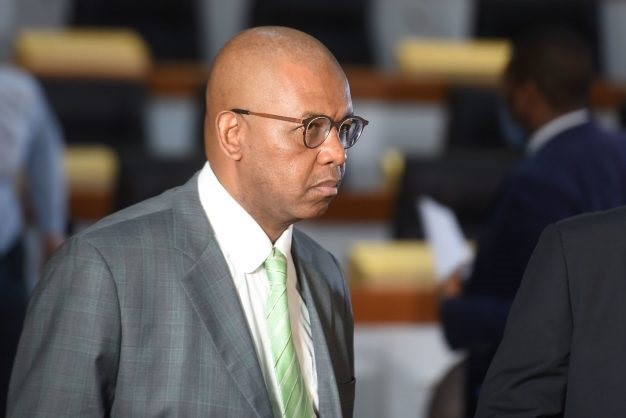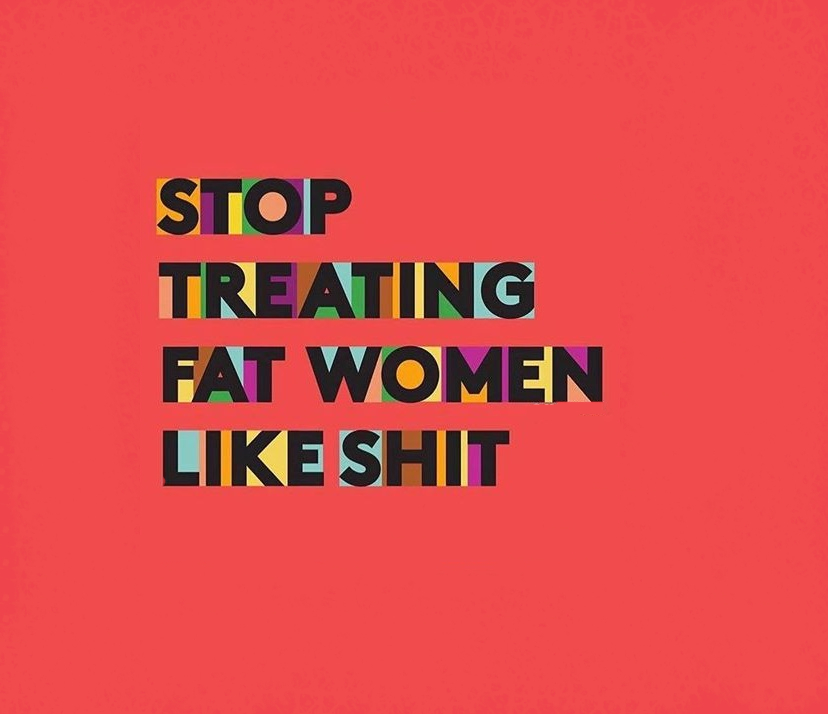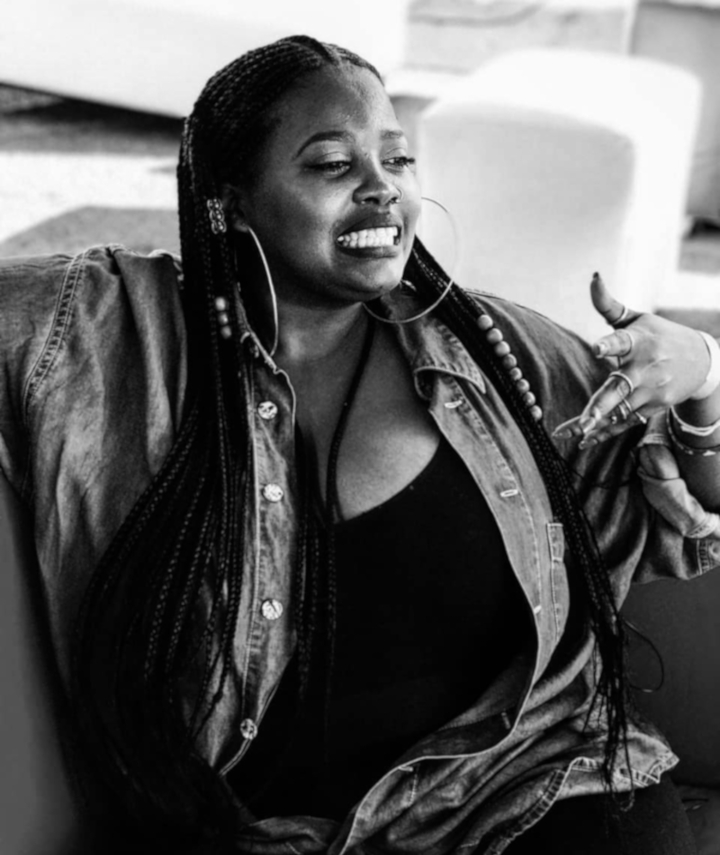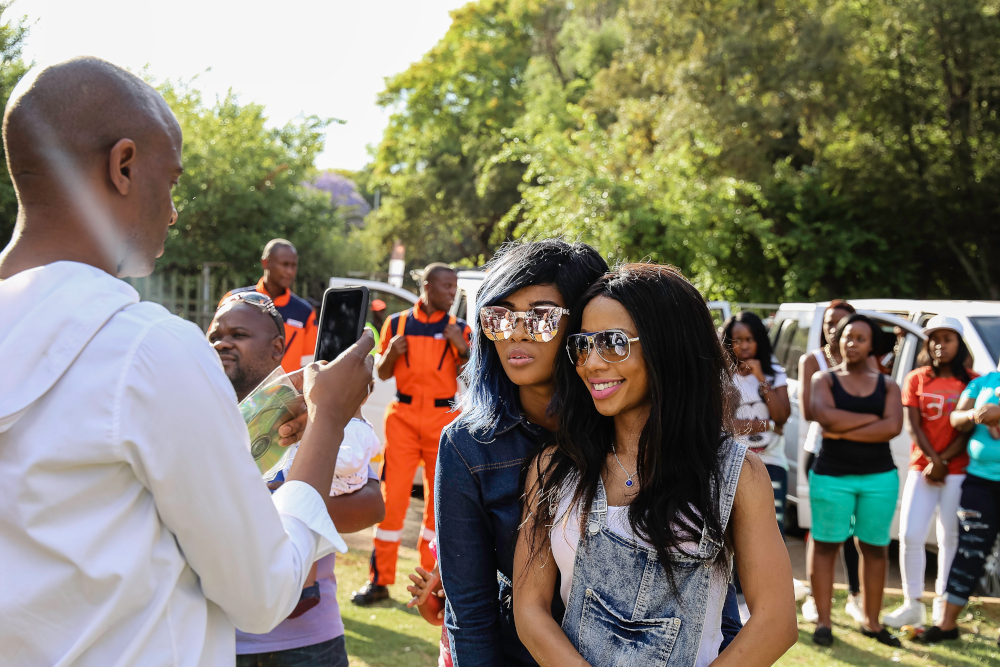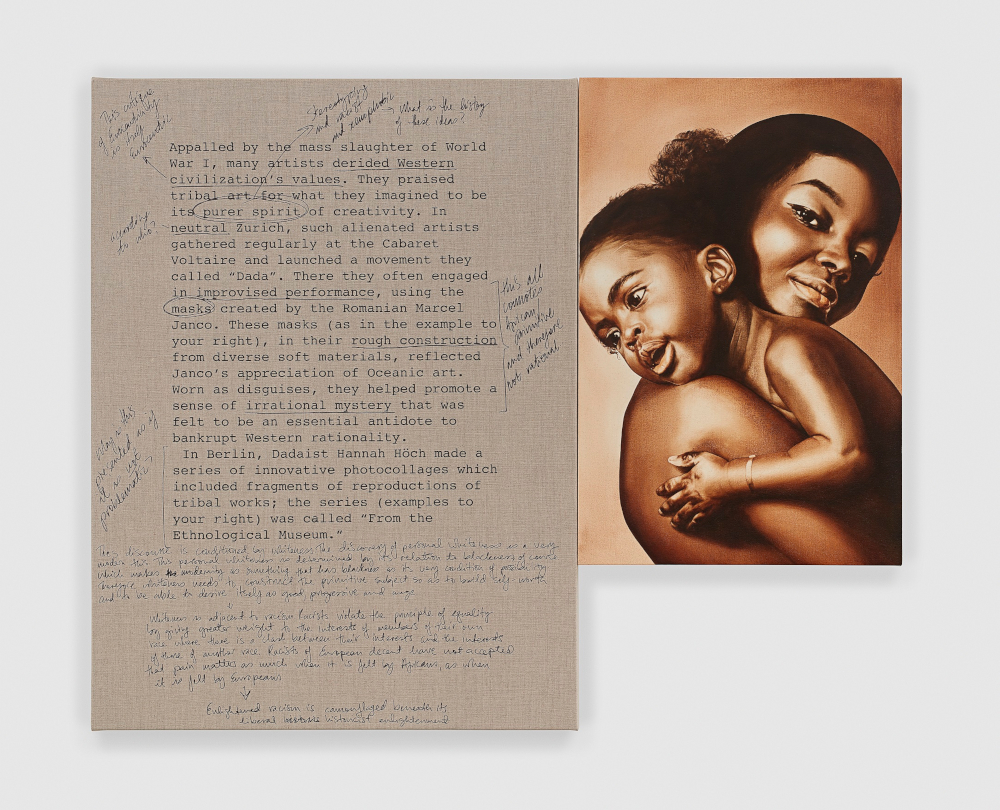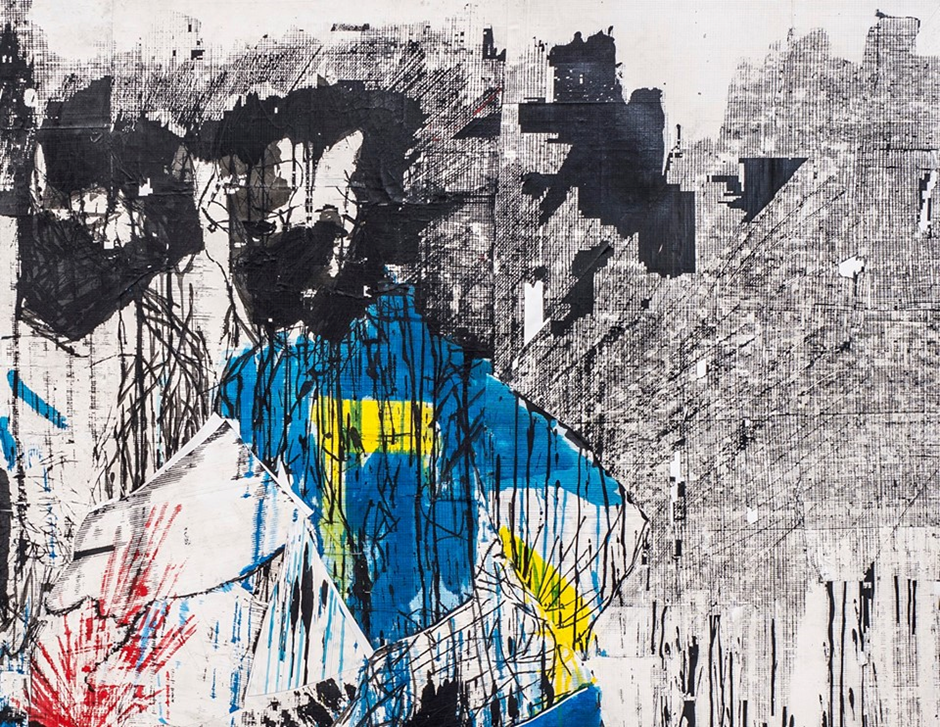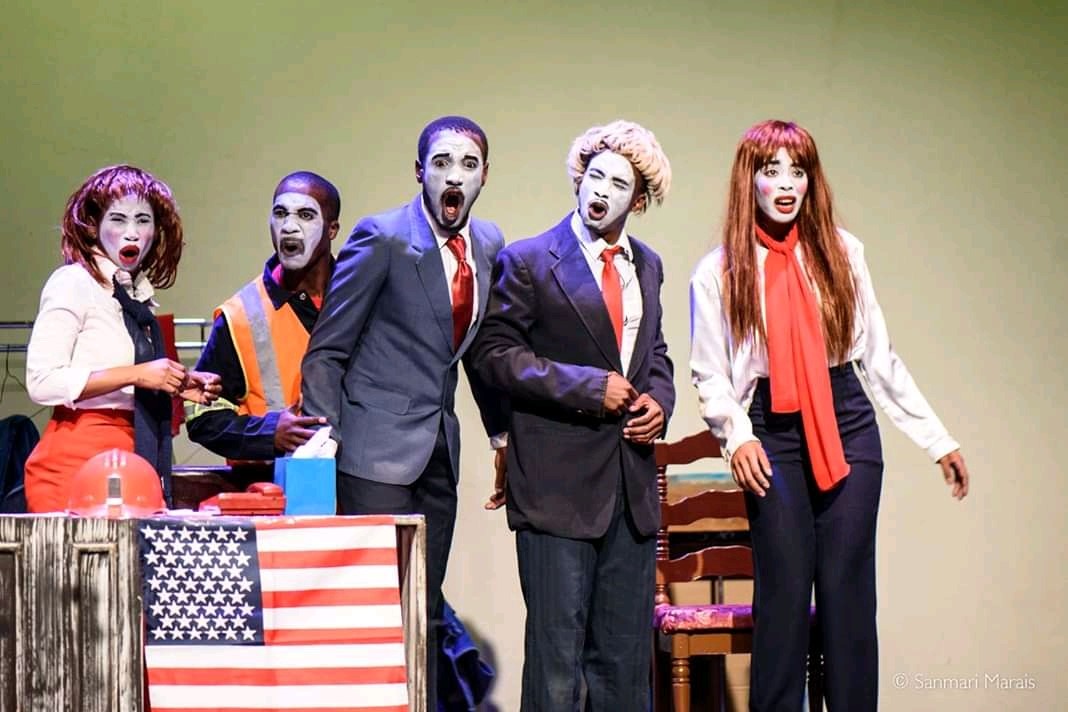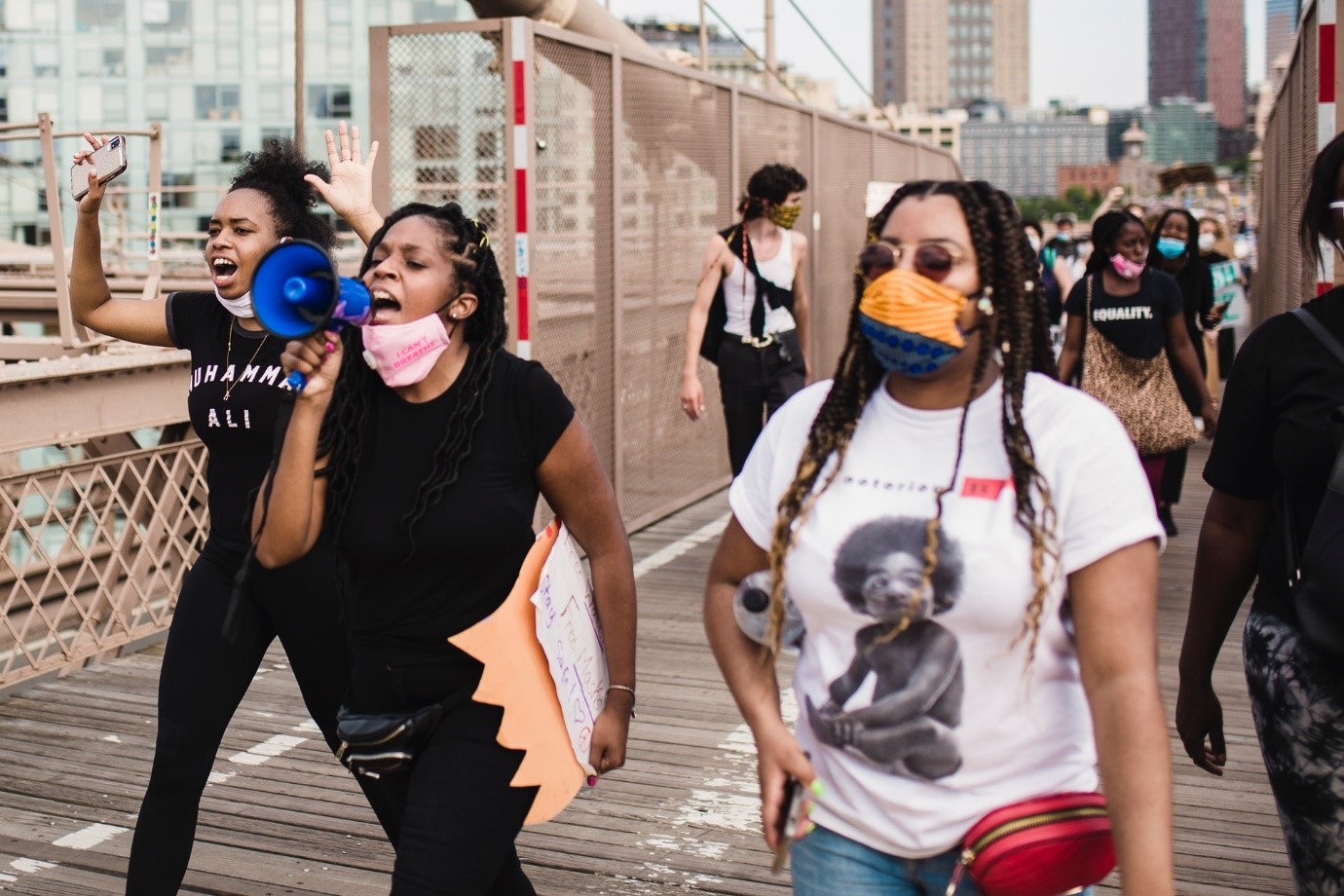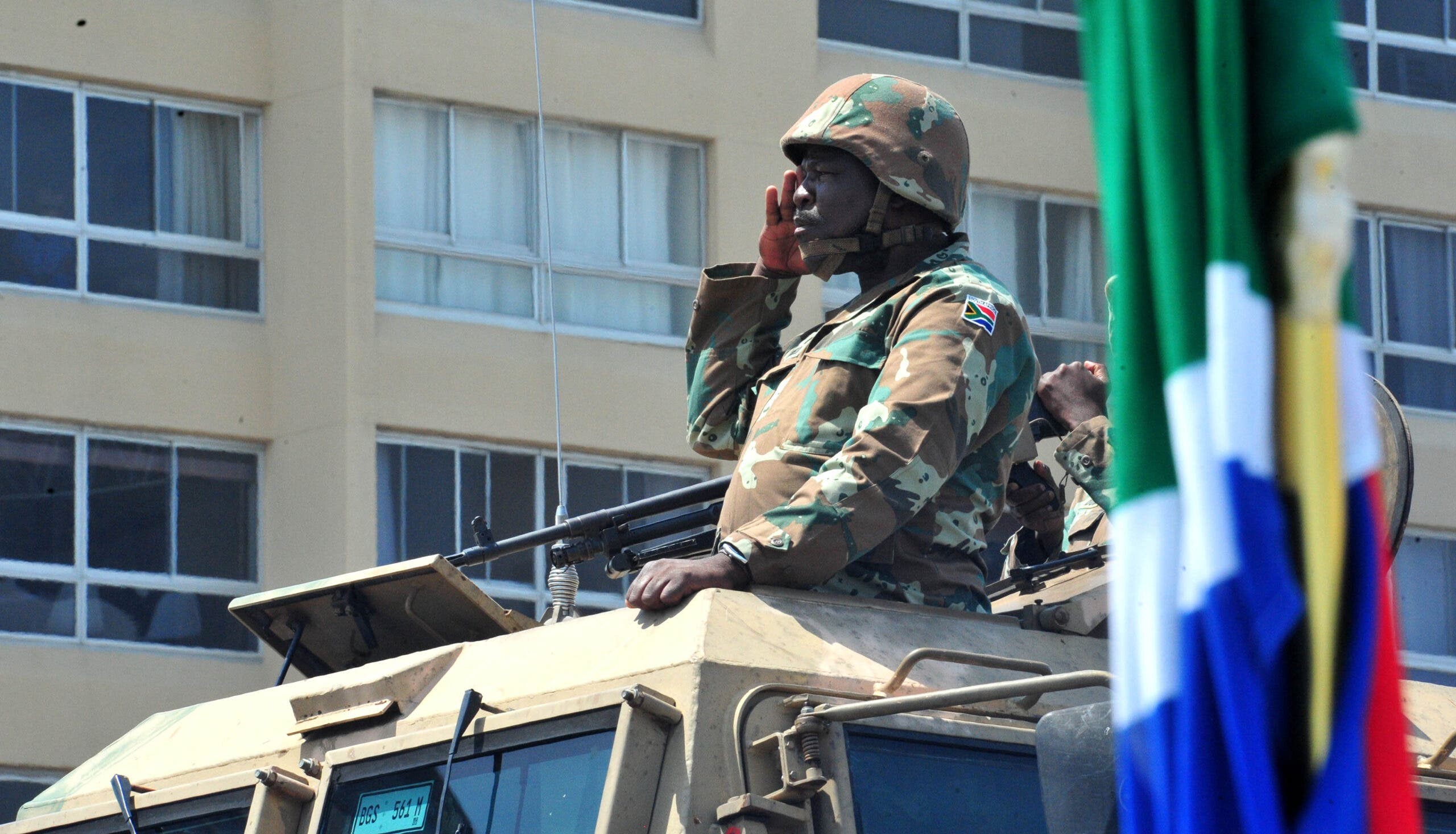I want to talk about the Black body as a moving ancestral archive...
My thoughts about the body as a moving ancestral archive were prompted by the fire at the University of Cape Town (UCT). Or rather, by my disappointment at Black people’s response to the fire that destroyed indigenous archives at the African Studies Library. As I waded through the collective Black middle class (?) despair on my social media timeline, I was overwhelmed with anger. Primarily, anger that those archives were imprisoned in one of the most violent and spiritually dark institutions that continues to manufacture Black misery. What does it mean to cry about ancestral knowledge kidnapped by an institution that is (literally) built on the bones of our ancestors? I will write another longer piece about the political and spiritual violence of those artifacts existing in that space to be published elsewhere, however, this piece serves as a reminder to ourselves about the ancientness of us. It is a decolonial invitation for us to re-remember our vastness.
In my heart (and the multiple hearts that exist within my heart), I believe that as Black people we move through the physical world and psycho-spiritual worlds as archives. Your father’s nose on your face? Your mother’s wide hips? Your grandmother's high cheekbones? These exist as physical evidence of the endurance and invincibility of amaYirha, Batshweneng, ooXaba, ooJamabase, ooDlamini, Chavalala, Hlatshwayo as you move in the world. Even as you engage in intimacy, without knowing your person interacts with the physical archive and historiography of the ancientness of you (don’t over-think this or it will get creepy chomi). I am illustrating that my argument is not spiritual mysticism but a basic genetic fact. And as an archive, I invite you to stand in front of the mirror and learn about your people.
In the past few months, I have been on a journey to heal my “ancestral trauma”. And as such, I have not been allowed to put on hair extensions. During this time, I have had to look at my bare forehead everytime I brush my teeth in front of the mirror. My forehead looks just like my father’s forehead (who transitioned twenty-four years ago). Yesterday, I looked at my forehead and I was transported back to 1995 when my father was healthy and practicing as a Sangoma. It was a strange moment of a merging of two differently gendered bodies who exist in different realms (I vacillate between here and the spirit world in a physical body. He vacillates between the physical world and the spirit world as an ancestor). Two different moments (1995 and 2021) merged into one strange past-present experience in my living room and it is moments like these that convince me that time and history is not linear.
As African people (and other people of colour/indigenous people), we cannot afford to engage with knowledge and the archive as artifacts of conquest to be hoarded in colonial buildings. To do so is to disembody ourselves from our ancestry and disembody ourselves from the lushness through which the archive flows through in our community. Our archives cannot be killed or burnt to the ground. Even those archives at UCT have not been destroyed. The ancestors who wrote them will communicate the knowledge to their children when they need the knowledge and in the various indigenous ways the archive has been kept alive outside academia.
I come from a family of people who dream and who call family meetings in order to pass the knowledge communicated through dreams by elders in the spirit world. We are not sentimental or political about it. It is what it is. This normalcy has been particularly humbling because I might have mistaken this re-remembering (of ourselves as archives) as new knowledge when, in fact, this is part of who and where I come from. A personal story: The same day of the fire, I was visited by an old ancestor and I discovered I had BaSotho heritage. I spoke to my mom about the dream and she confirmed this heritage which dates to the 1600s. No book at any of these universities could have taught me this. And this has always been the danger of the colonial archive and knowledge institutions: when we internalize coloniality as our compass and model for knowledge production, we impoverish ourselves, marginalize indigenous knowledges and alienate our ancestors (which is also the alienation from self).
The archive is generous, communal and integrated in our living. Coloniality says knowledge is exclusive, extractive and commodified. I repeat, our indigenous archives are generous, communal and integrated in our living. I was reminded of this when a dear close friend, Pralini Naidoo, shared a photo on Facebook. When she was in primary school, her late mother had written down a recipe for a friend’s mother:
I received this image as a whatsapp message from someone I had been friends with in primary school. My mum had given her mum this handwritten recipe back then. Although I have inherited amma's recipe book and have all of her meticulously handwritten recipes (interspersed with some of her fave Tamil songs!), I found this particularly special. Her mum has preserved this piece of amma so immaculately. I'm sure amma lives in many hearts and homes in this way!
This is what I mean by a generous, communal and integrated archive. I imagine Pralini’s mom writing down the recipe in her kitchen on a humid Durban afternoon for another mum in order for that mum to bake goodies for her family. The kids in that family became part of that archive and probably follow the same recipe when they bake. And so the indigenous archive flows and grows with love and in community. And the fact that the recipe is still immaculately preserved and is passed down (in fact digitised now) by the other mum is evidence that our archives are not hoarded in ivory towers. Pralini keeping her mother’s recipe book (along with wonderful Tamil songs) is also another archive we might miss when we fail to decolonize our understanding of the nature and function of an archive. What is more generous and communal than a recipe book?

Lastly, I want to also suggest friendship, relationship and community are communal archives as well. As we learn, augment, educate and create in relation to others, from those sacred spaces beautiful archives emerge. I want to invoke my closest sister, Azola Anele Goqwana and the many archives we created while she walked the physical realm. In our relationship, Mazou (Azola) and I created sacred texts that changed the emotional, psychological and spiritual landscapes of our lives/loves. Our friendship was rooted in Black feminist thinking and later caturpulted into a library filled with manuals on understanding, patience, resistance, sexual agency and love. She provided me with a dictionary into village life and decoded village feminist autonomy. Mazou (Azola) and I had our own language that had risen from the ashes of “fuck men” to a gentle settling dust of “let us heal our trauma, chomam”. Even though I want to be special, I know Mazou had a different language with all her friends. And it is within these different dialects grounded in non-judgementalism and generosity that an Azola Archive blossoms. Measured, deliberate, intentional, helpful, insightful and peppered with a deep raspy laugh. And as an ancestor, the archive is generous and alive as Azola visits me and communicates to me through dreams.
So.
At the risk of sounding like an insensitive douchebag, all this lushness makes it impossible for me to mourn archives at UCT.
I,
...an archive of many archives.
Generous, communal and alive. A Black body that when it moves, the 1600’s sway left and right, left and right.
I,
Refuse to grieve what the enemy has turned into a weapon

